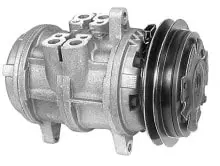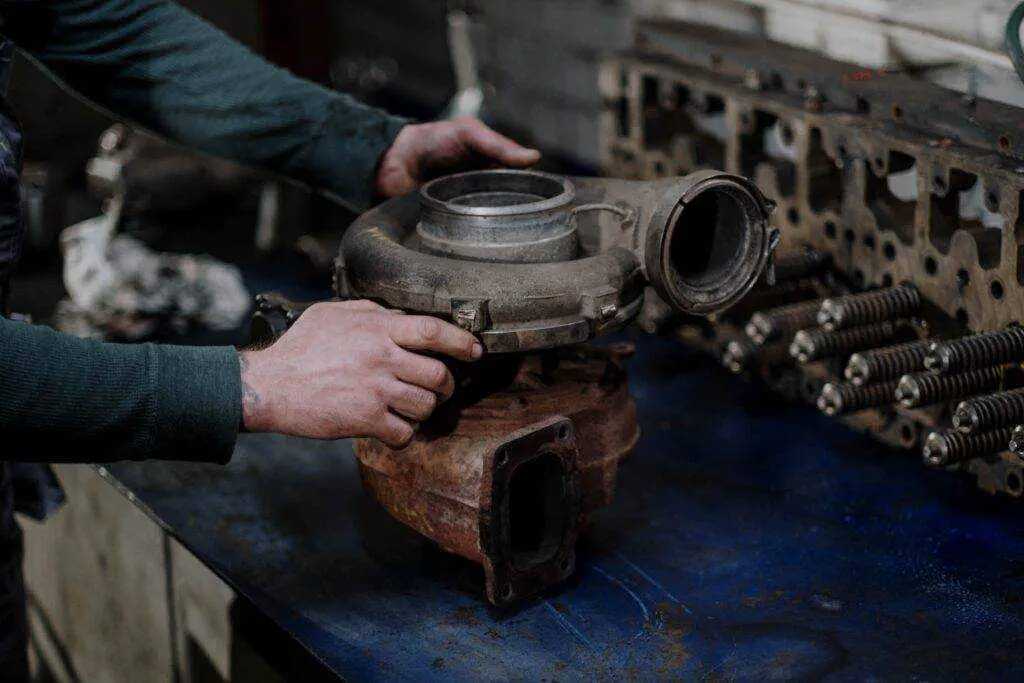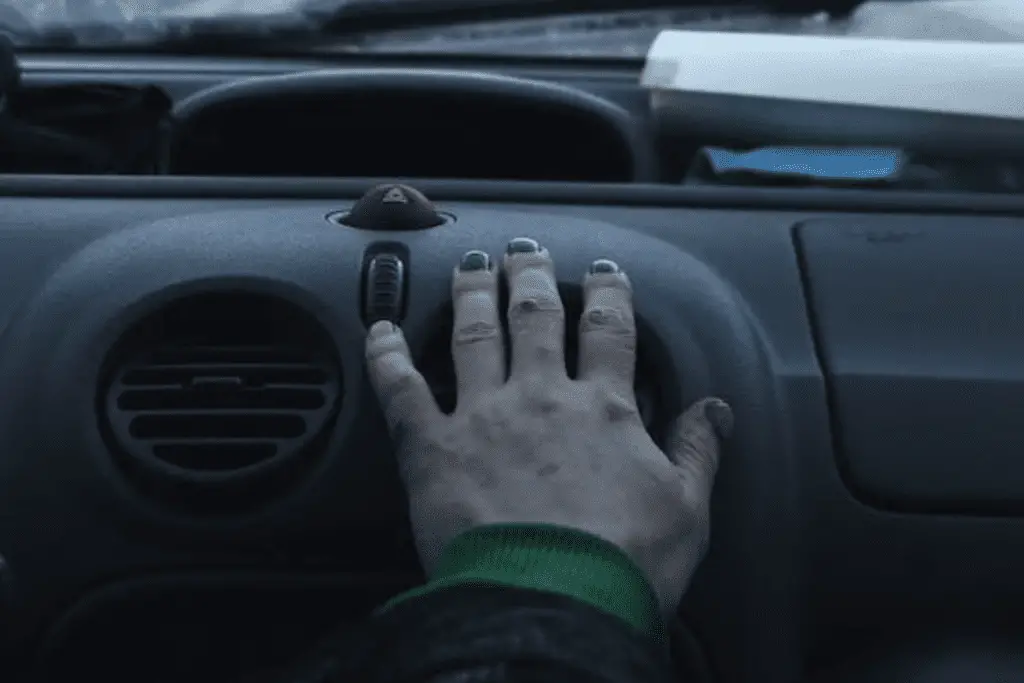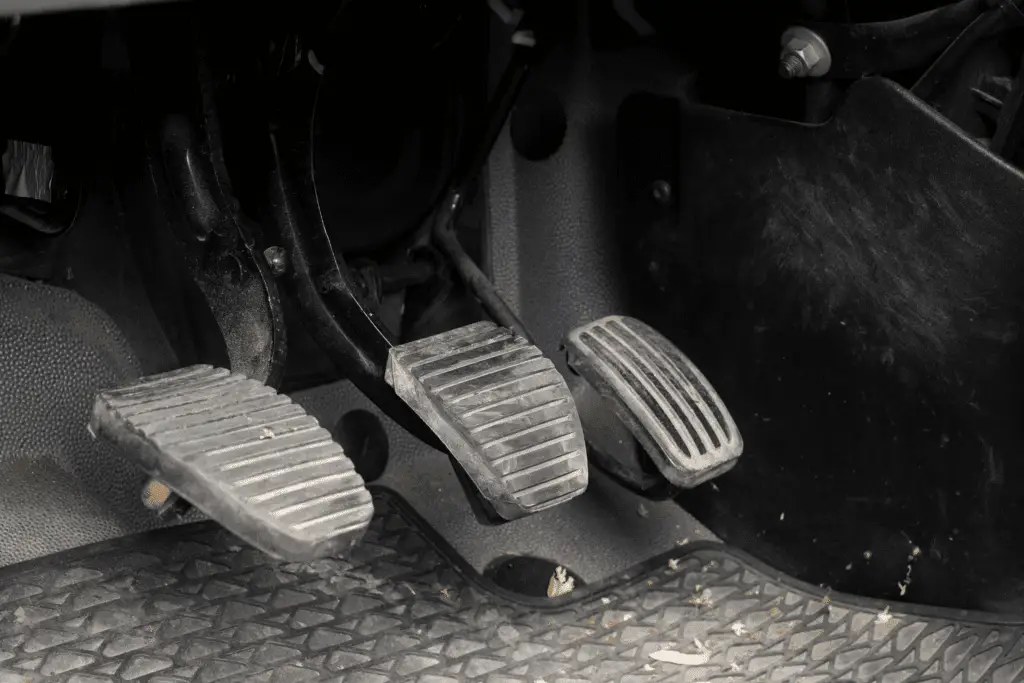Hearing a whirring noise after engine off is common, but can also signal problems. It’s typical for some noises to emerge from under the hood for a brief period after switching off your car’s engine. Several components like the radiator fan and fuel pump continue operating momentarily to complete shutdown procedures before disengaging. These parts will make normal whirring or humming noises for up to a minute after turning off the car. However, certain whirring sounds that continue excessively or come and go abnormally long after complete engine shutdown often indicate issues needing attention
In this detailed guide, we’ll explore the causes of whirring noises arising from your parked car after the engine stops running. We’ll also provide troubleshooting tips for diagnosing and addressing any concerning post-shutdown sounds.
Normal Operating Whirring Noise After the Engine Off are
Modern vehicles are designed with certain components that continue briefly running even once the engine stops to finish critical shutdown procedures before disengaging. These parts will make normal whirring or humming noises for up to a minute or so after turning off the car. Some common examples include:
Radiator Cooling Fan
Electric radiator fans keep airflow moving through the radiator core to cool the hot engine after shutdown, preventing boil-over and cracks. This fan spinning down generates a whirring heard from the front of the car immediately after switching the engine off.
Fuel Pump
Most fuel pumps continue circulating gasoline through the lines for a few seconds when the car is turned off to maintain fuel pressure. As this pump winds down it produces a high-pitched whining noise from the rear of the car.
Electric Power Steering
Electric power steering systems actively control fluid flow even when stationary to prevent hydraulic lock damage. The electric steering pump running down produces a fading whir after the engine cutoff.
AC Compressor
The AC compressor clutch commonly remains briefly engaged after driving with the system on to allow pressures to equalize before release. The clutch disengaging creates a brief groaning or Whirring Noise After Engine Off
So in summary, various normal wind-down procedures produce expected whirring for up to a minute upon engine shutoff. No concerns here. But other sources of noise can indicate problems.


Identifying Abnormal Post-Shutdown Noises
- Normal wind-down whirring noises from components like the cooling fans and power steering pump last less than 1 minute after turning the engine off before fading out.
- Any whirring noises that persist longer than 1 minute after complete engine shutdown are considered abnormal and indicate an underlying issue.
- Intermittent whirring that stops and starts randomly after the engine is off is also not normal. This points to a problem.
- Take note of any whirring from your parked car more than 1 minute after turning off the engine. These likely require troubleshooting and repairs. Is your car jerking while driving at a constant speed?
Causes of Abnormal Whirring Noise After Engine Off
While some brief Whirring Noise After Engine Off are normal, more extended, excessive, or intermittent whirring beyond the first minute or so can indicate components failing or malfunctioning:
Alternator Bearing Damage
The alternator bearing allows smooth spin while the alternator generates electricity. Excessive play from a worn bearing will allow the pulley to continue free spinning with a whirring noise after the engine is off.
Bad Tensioner or Idler Pulley
These pulleys maintain proper belt tension during engine operation. Stiff, seized, or otherwise faulty bearings release this tension when the engine stops, allowing belt slippage that creates a whirring sound.
Power Steering Pump Failure
Issues within the power steering pump mechanism can cause continued hydraulic fluid circulation and pump operation after the engine shuts down, generating unwanted sounds.
Cooling Fan Module Problems
Modules and relays that control the electric cooling fans can glitch and continue running the fans unnecessarily after the car shuts off, long after adequate cool-down. If your car’s turbo leaking oil into the intercooler.
Bent Fan Blade
Physical damage causing fan blades to warp and wobble can result in scraping contact with the fan shroud when the engine stops, producing a scraping Whirring Noise After the Engine is Off.
In summary, any components continuing forced movement for extended periods after engine cutoff due to damage or electrical issues will create abnormal whirring noise pointing to repairs needed.
Diagnosing the Source of Post-Shutdown Whirring
Pinpointing exactly which component is responsible for unwelcome whirring involves methodically checking key systems:
Listen Closely to the Noise Timing:
- Noise arising immediately at shutdown points to the normal wind-down systems like the radiator fan. But delayed or intermittent whirring noises indicate a damaged part spinning freely.
Locate the Origin Area:
- Hone in on where the whirring radiates from – front, rear, left, or right side. This helps identify the failing component. Whirring from engine fronts typically relates to accessory belts.
- Turn the engine back on and visually check for any loose belts that demonstrate excessive side-to-side movement from worn pulley bearings allowing belt slip. Also, check for bent or damaged pulleys.
Watch Fan Blades at Shutdown:
- Have an assistant start then switch off the car while you observe if the radiator cooling fans continue spinning abnormally longer than a minute past shutoff. Also, check for any wobble or rubbing.
Scan for Codes Related to Fan Control:
- Use an OBD2 scanner tool to check for any diagnostic trouble codes stored for cooling fan control faults indicating a module, relay, or circuit issue making them continue running off-cycle.
- By combining visual inspections, listening closely, and scanning for codes, the source of unwelcome whirring after engine cutoff can be isolated. Then repairs can be made.
Preventive Maintenance for Smooth Shutdown
- Replace serpentine belts and pulleys every 60-90k miles to prevent loosening and bearing wear leading to noise.
- Flush power steering fluid every 30k miles to prevent pump damage and bearing shudder.
- Test alternator output and battery charging monthly to catch impending failures early.
- Periodically feel belts for adequate tension. Tighten if loose. Signs of glazing or cracking indicate replacement needs.
- Use high-quality belts and fluids meant for your specific make and model to maintain optimal performance. make the environment clean by knowing how to dispose of AdBlue.
Preventing Future Post-Shutdown Noise Issues
While some whirring upon shutdown is unavoidable, taking proactive maintenance steps minimizes problems:
Replace Bearings and Pulleys at Recommended Intervals
Follow the suggested timing belt, tensioner, pulley, and water pump replacement intervals to keep these components in top shape.
Fix Minor Belt Noises Promptly
Addressing small belt noises, slipping, or cracks early prevents major breakdowns leading to whirring and failure.
Keep Electronics Cool
Ensure adequate airflow to electronic control modules and relays to reduce glitches. Also, check grounds.
Prioritize Power Steering Service
Don’t skip power steering fluid flushes and hose inspections, which keep the hydraulic system operating properly.
Staying on top of engine accessories and electrical maintenance reduces the chances of hearing unwelcome whirring when the car engine stops. But if noises arise, determine the cause and repair promptly stone chips that occur on a new car. how to hide stone chips on the car.
Frequently Asked Questions
Let’s review some frequently asked questions and answers about unwelcome whirring arising after the engine stops:
What causes whirring when I shut off my car?
While some minor whirring noise after the engine is off is normal from fans, most extended whirring indicates issues like bad bearings allowing pulley and belt movements, bent cooling fans, or power steering pumps continuing to run.
How long should the noise last after the car shuts off?
Most normal system shutdown noises dissipate within the first minute after switching the engine off. Anything louder or persisting longer usually points to a malfunction needing repair.
Can I immediately stop the engine if the whirring starts?
If whirring noises start arising upon shutdown, it’s okay to immediately switch the engine back on to stop possible damage from an accessory component still spinning.
Does the whirring noise happen when the engine is running too?
whirring noise after the engine off only arises after shutdown, it likely indicates a bearing or electrical issue with a specific accessory component. But noises while also running require engine diagnosis.
Is it safe to drive with this whirring noise?
Loud whirring from a seized bearing or rubbing fan at shutdown hints at progression toward complete failure. So driving far with this symptom is not recommended without diagnosis and repair of the root cause.
Conclusion
Some minor whirring noise after the engine is off is common and of no concern, arising from normal wind-down of components like the radiator fan and fuel pump. However excessive or persisting whirring after shutdown points to underlying problems needing diagnosis and repair. By methodically locating the origin and cause of the unwelcome Whirring Noise After the Engine is Off, damaged components can be fixed before leading to major breakdowns and extensive repairs down the road. Address any abnormal or worsening post-shutdown whirring promptly to restore quiet operation and avoid being left stranded. Want to fix the whirring noise issue.





